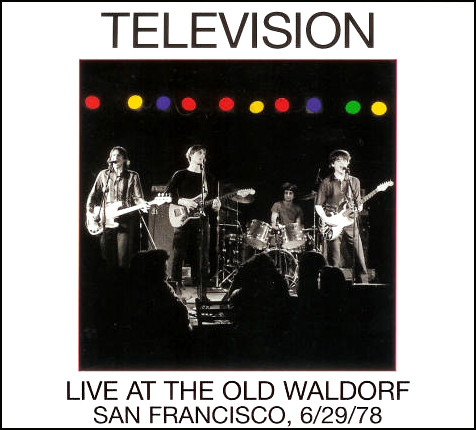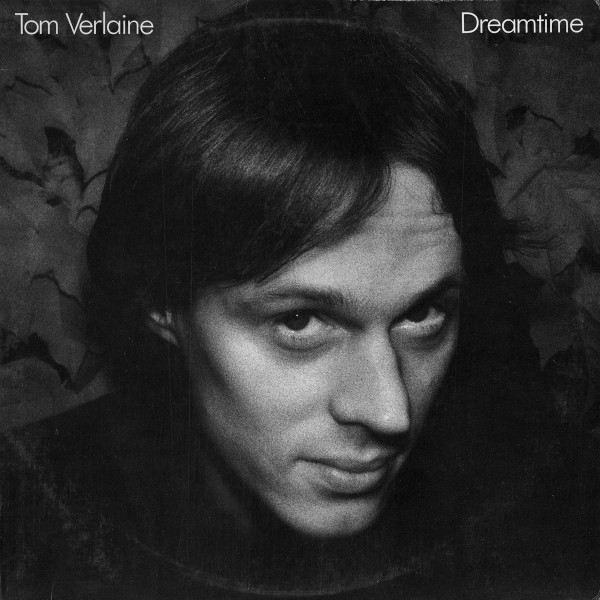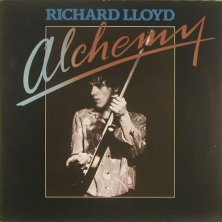Simply titled Television, it came with minimalist artwork and little fanfare. Those seeking a return to the sound of their Elektra albums will be disappointed. Over time, Tom Verlaine’s voice has become less shriek; the album as a whole has a slight layer of reverb, taking an edge off the bass. The guitars still intertwine, so at least it sounds like an approximation of what one would expect from Television. Overall, however, it’s more of an extension of Verlaine’s recent solo work, which came off as soundtracks to film-noir or spy movies.
“1880 Or So” makes a strong opener, with shades of “See No Evil” with less of an attack, and they up the tension with “Shane, She Wrote This”. “In World” would have been a shoo-in for 120 Minutes or PostModern MTV if a younger band had recorded it. “Call Mr. Lee” pushes the spy feel.
“Rhyme” has a cool, meandering feel, with a mostly spoken vocal. A similar approach is taken on “The Rocket”, which these days has us hankering for Tracy Morgan as Astronaut Jones. The guitars on “No Glamour For Willi” are processed to sound like they’re underwater, matching the impenetrable lyrics. “Beauty Trip” even works in a hokey heartbeat rhythm to punctuate each verse. “This Tune” seems like an overt attempt to write a “Television” song, and fails as a result. Then there’s “Mars”, basically a comic book come to life.
Television is one of those albums where you think, “Gee, I should listen to this more often,” but you forget to, staring instead at the rest of your rack trying to find something you really want to hear as opposed to just play. Therefore, it becomes a nice surprise when you do get around to throwing it on.
Television Television (1992)—3
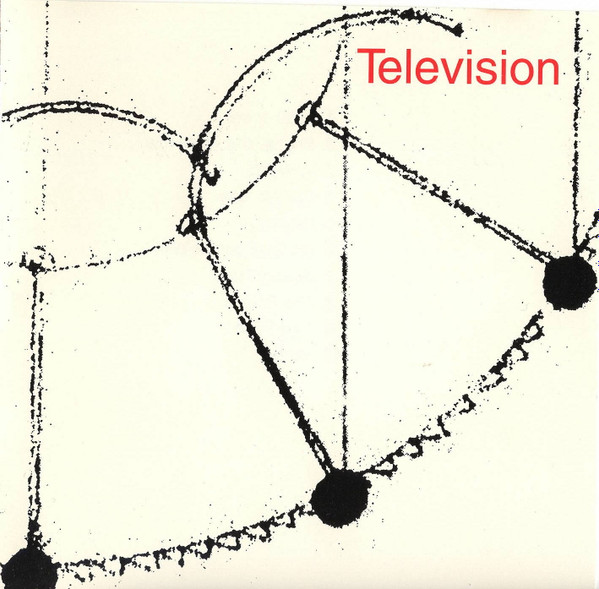
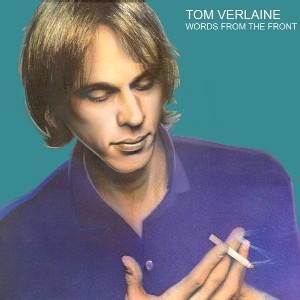
:format(jpeg):mode_rgb():quality(90)/discogs-images/R-1159821-1197659689.jpeg.jpg)
